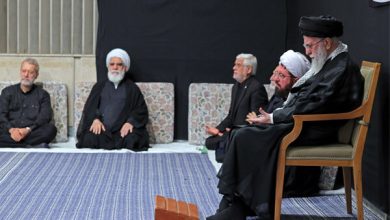North Korean Satellite Takes Pictures of White House, Pentagon
North Korean leader Kim Jong-un has familiarized himself with the pictures of the White House and the Pentagon taken by the Malligyong-1 reconnaissance satellite, the North Korean Central News Agency reported.

In the early morning hours of Tuesday, the Pyongyang General Control Center of the National Aerospace Technology Administration submitted another report to the leader on the preparation of the satellite for a full-fledged reconnaissance mission.
The news agency presented photos of the Naval Station Norfolk, Newport News Shipbuilding and an airfield area in the US state of Virginia taken at 11:35 pm. Pyongyang time (2:35 pm GMT) on November 27, as well as images of the White House and the Pentagon taken at 11:36 pm. Pyongyang time (2:36 pm GMT) on Monday.
According to the news agency, the photos of the Naval Station Norfolk and Newport News Shipbuilding show four nuclear-powered US Navy aircraft carriers and a British aircraft carrier.
Earlier, Kim was also shown a photo of the US Andersen Air Force Base on the island of Guam in the Pacific Ocean, taken on November 27 at 9:17 am. Pyongyang time (12:17 am GMT). In addition, the North Korean leader familiarized himself with the photo of the Italian capital taken on the evening of November 25.
On November 21, the North Korea successfully launched its first Malligyong-1 reconnaissance satellite on a Chollima-1 carrier rocket. In response, the South Korea announced a partial suspension of the agreement with North Korea to reduce tensions on November 22. The measure affected the no-fly zone provision.
On November 23, the North Korean Defense Ministry announced that it would no longer abide by the entire agreement and would resume the actions prohibited by the document.






